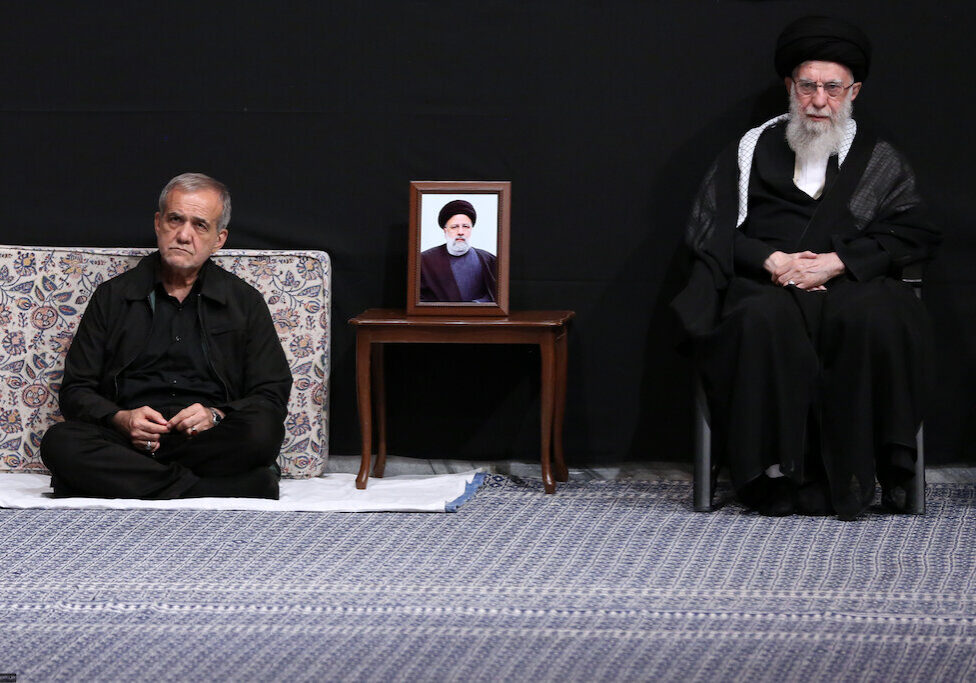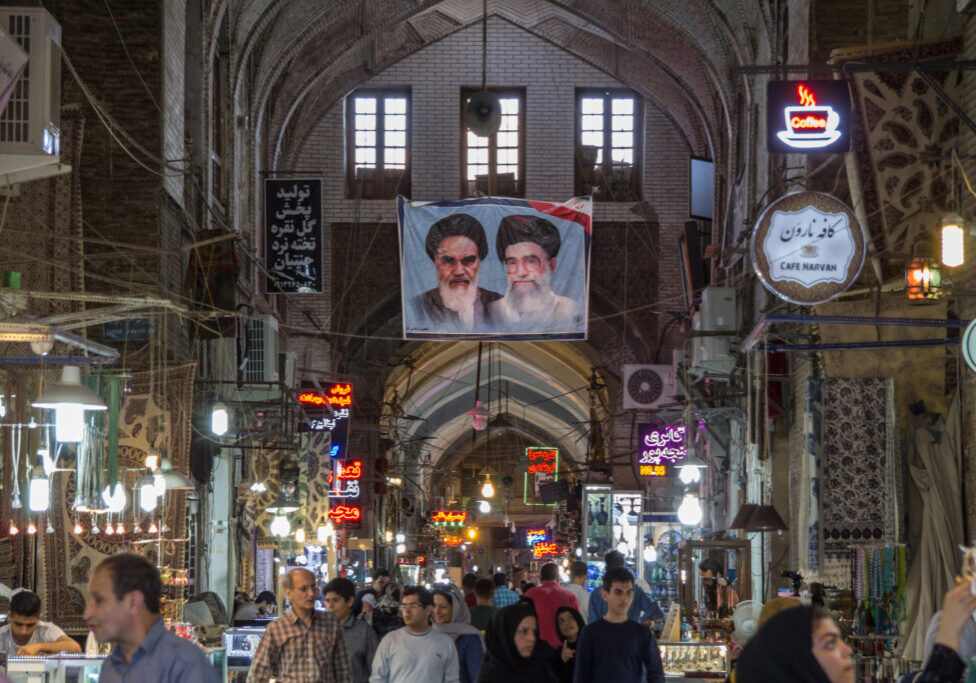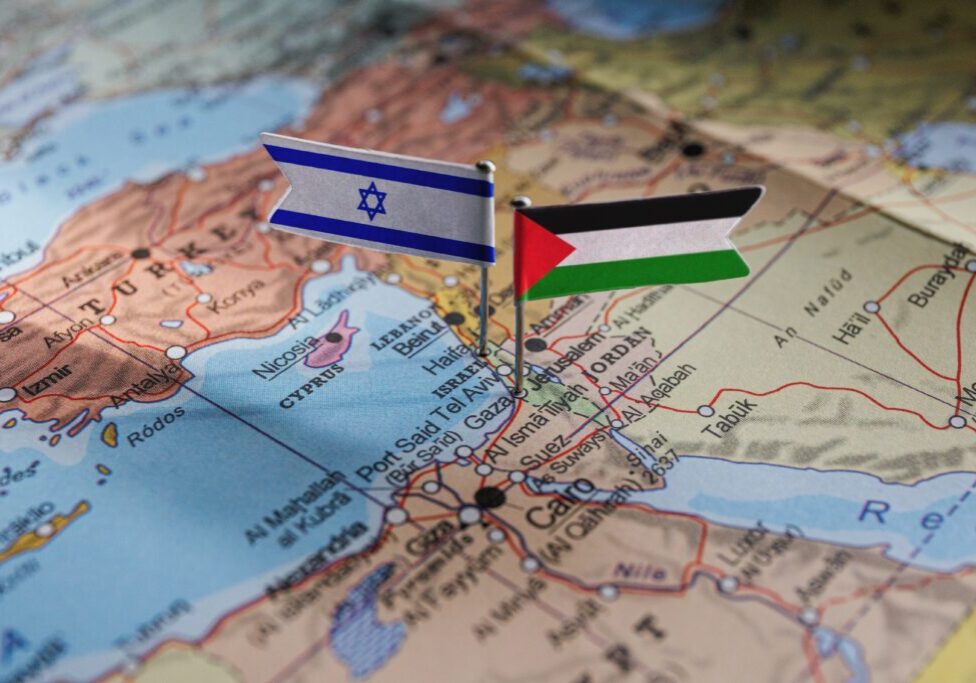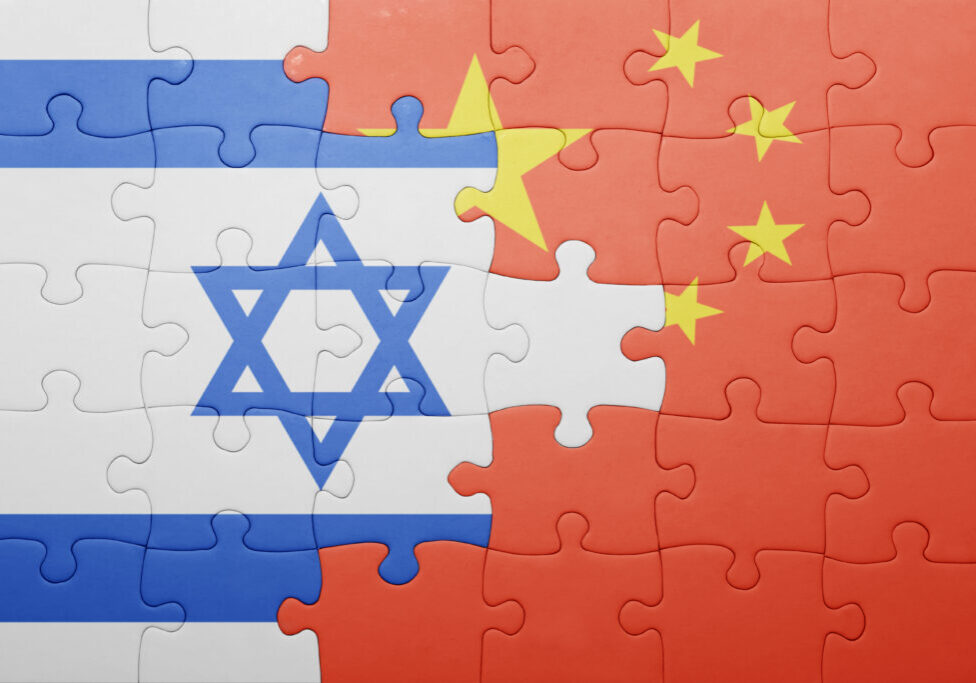Australia/Israel Review
Pipes: Iranian regime “living on borrowed time”
Apr 4, 2018 | Sharyn Mittelman
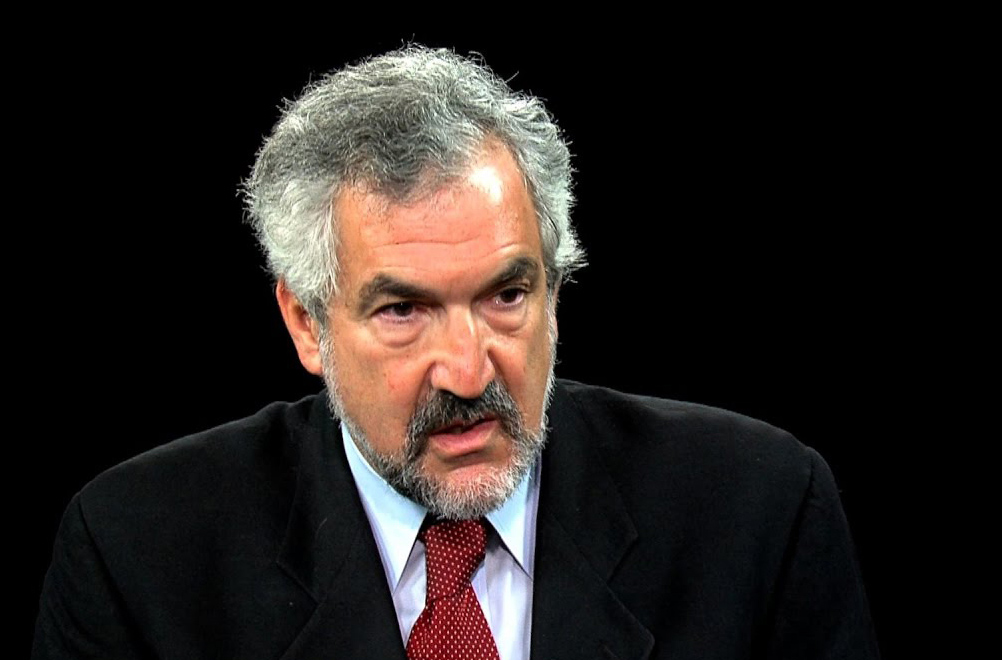
Sharyn Mittelman
Noted analyst and Middle East Forum founder Dr. Daniel Pipes was recently in Australia as a guest of the Australia/Israel & Jewish Affairs Council. At a media lunch on Feb. 26 in Melbourne, Dr. Pipes discussed the implications of the sweeping changes occurring across the Middle East.
Dr. Pipes believes that the future collapse of the Iranian regime due to popular dissent is “inevitable”, and that it is “living on borrowed time.” He argues that the popular protests in Iran that were suppressed by the regime in 1999, 2009 and earlier this year reflect the “deep popular dissatisfaction with the government”, and that one of these days the protests may be too massive to be suppressed.
Dr. Pipes contends that part of the Iranian public’s frustration with the regime is that they expected to see the benefits of the Iran nuclear deal, known officially as the Joint Comprehensive Plan of Action (JCPOA), but that instead of improving the standard of living in Iran, the regime has spent millions in sanctions relief on fighting foreign conflicts in Syria, Yemen and Gaza. He believes that Western foreign policy should be “directed towards encouraging those in Iran who want to see the end of the Islamic Republic.”
Dr. Pipes predicts that once the “Iran problem” is solved, Turkey will be the greatest challenge in the Middle East for the Western nations. He views Turkey as a great “conundrum” for United States foreign policy. While Turkey is part of NATO and has traditionally been an ally of the West, since the election of the AKP party in 2002, Dr. Pipes argues, its leader Recep Tayyip Erdogan has “increasingly shown his fangs” and “become arrogant [and] dictatorial”. While Dr. Pipes believes that Erdogan is pushing for Turkey to become an “Islamic Republic”, he views the main issue being “the authoritarianism and dictatorship of its ruler.” He argues that Turkey has become increasingly “aggressive”, particularly in threatening to attack positions in Syria where US Special Forces are stationed to support the Kurdish YPG. The YPG is the main component of the Syrian Democratic Forces – the US allies fighting Islamic State – but Turkey considers the YPG to be a terrorist group.
Turkey has called on US troops to leave the Syrian town of Manbij, and recently captured the Kurdish-held city of Afrin, in a conflict that has killed many civilians. President Erdogan reportedly said to his party: “They tell us, ‘Don’t come to Manbij.’ We will come to Manbij to hand over these territories to their rightful owners.”
Regarding the future of US-Turkey relations, Dr. Pipes believes that there is “no map how to fix this”, given that while the US does not want to have a hostile relationship with Turkey, Ankara is increasingly hostile to the US.
Looking at the many actors in Syria, Dr. Pipes believes that the “Kurds are the ones who have proved themselves to be the best allies.” He said, the Kurds “have not engaged in massacres, they do not have an extremist ideology… the Kurds are somebody we want to support and I’m pleased to see that my Government has in fact done that… despite Turkish pressure”, referring to US support for the Kurds in Syria.
Regarding the now seven year old Syrian conflict, Dr. Pipes argues that despite the Assad regime winning ground in Syria thanks to its support from its Russian and Iranian allies, its “murderous ways have not really fully succeeded… and [that it is] difficult to see the state of Syria being refashioned as it was ten years ago, a single government that rules everybody, [as] the fissures in the country are so deep,” along the lines of Alawites and Sunnis. He believes that Syria is likely to remain a problem for many years to come, and that it is likely to be a scene of more horror.
On a more optimistic note, Dr. Pipes discussed the “budding” Israel-Arab cooperation in the region, whereby Israel is increasingly cooperating with its Arab neighbours on issues including trade, defence and intelligence, even though much of this remains hidden from public view.
It has long been rumoured that Israel is increasingly sharing intelligence with Saudi Arabia regarding Iran, and that Saudi Arabia has also put pressure on the Palestinian Authority to enter into peace negotiations with Israel based on US proposals. Some commentators have attributed this change to Saudi Arabia’s new de facto leader, 32-year-old Crown Prince Mohammed bin Salman (MbS).
Dr. Pipes argues that Saudi Arabia is in the “throws of dramatic change” due to the changes led by the Crown Prince, which include social, religious, economic and foreign policy reforms. He notes that recent reforms in Saudi Arabia include allowing women to drive and “the collapse of the religious police.” Dr. Pipes believes that the Crown Prince’s reform agenda to curb extremism will have “enormous consequences” for the Muslim world, as Saudi Arabia has become a great force in international Islam – training imams, and spending money on madrassas and mosques around the world that promote Wahhabi Islam.
Dr. Pipes views Israel’s improving ties with its Arab neighbours as a “remarkable” shift in the Arab-Israeli confrontation, but believes that it will remain behind closed doors until the Palestinian issue is resolved.
He believes that this change in perspective by Arab leaders towards Israel has left the Palestinians quite isolated, despite support from key backers Iran and Turkey. He notes that while the Palestinians continue to have wide public support in the Arab world, Arab governments are increasingly accepting that Israel is not their great enemy, and that they may even need its cooperation against Iran.
Regarding recent US decisions, including recognition of Jerusalem as Israel’s capital and holding back Palestinian aid, Dr. Pipes believes that these moves were intended to “push” the Palestinians into negotiations with Israel, but it has not worked, and the “Palestinians have responded with fury.” The Palestinians are now refusing to have the US as a mediator to the conflict, but Dr. Pipes believes that this is likely to be temporary because the Palestinian Authority (PA) understands that there are no alternate mediators who can put pressure on Israel. Therefore, Dr. Pipes believes that the PA “will return to the negotiating table”, and the current rhetoric is a “staged presentation for the Palestinian populace.”
Tags: Middle East


